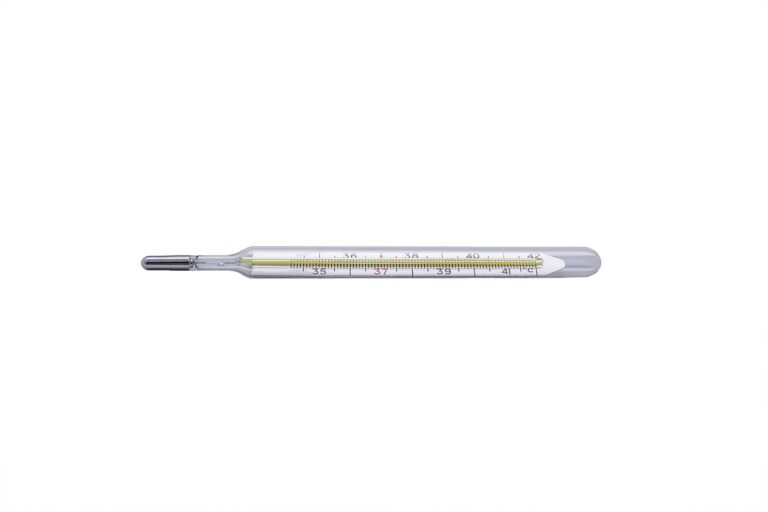Understanding Cardiac Sarcoidosis: Diagnosis and Management: Golden exchange 99, Cricbet99.com, King 567 casino
golden exchange 99, cricbet99.com, king 567 casino: Understanding Cardiac Sarcoidosis: Diagnosis and Management
Cardiac sarcoidosis is a rare condition that can have serious implications for those affected. It occurs when tiny collections of inflammatory cells, known as granulomas, form in the heart tissue. These granulomas can interfere with the normal functioning of the heart, leading to a range of symptoms including arrhythmias, heart failure, and even sudden cardiac death.
Diagnosing cardiac sarcoidosis can be challenging as it often presents with symptoms that mimic other heart conditions. However, with advances in imaging technology and a better understanding of the disease, healthcare professionals are now better equipped to identify and manage this condition.
In this article, we will delve into the intricacies of cardiac sarcoidosis, exploring how it is diagnosed and managed to ensure the best possible outcomes for patients.
Symptoms of Cardiac Sarcoidosis
Cardiac sarcoidosis can manifest in a variety of symptoms, ranging from mild to severe. Some common symptoms include:
– Fatigue
– Shortness of breath
– Palpitations
– Chest pain
– Swelling in the legs or abdomen
– Fainting or dizziness
It is important to note that these symptoms can be nonspecific and may overlap with other heart conditions. Therefore, a thorough evaluation by a healthcare professional is crucial to determine the underlying cause of the symptoms.
Diagnosis of Cardiac Sarcoidosis
Due to the nonspecific nature of the symptoms of cardiac sarcoidosis, diagnosis can be challenging. However, there are several tests that can help healthcare professionals determine if a patient has cardiac sarcoidosis. These include:
– Electrocardiogram (ECG): This test records the electrical activity of the heart and can show abnormalities such as arrhythmias.
– Echocardiogram: This imaging test uses sound waves to create a picture of the heart and can identify any abnormalities in the heart muscle or valves.
– Cardiac MRI: This imaging test provides detailed images of the heart and can detect inflammation or scarring in the heart tissue.
– Biopsy: In some cases, a biopsy of the heart tissue may be necessary to confirm a diagnosis of cardiac sarcoidosis.
Management of Cardiac Sarcoidosis
Once a diagnosis of cardiac sarcoidosis has been made, a multidisciplinary approach is essential to managing the condition effectively. Treatment may involve a combination of medications, lifestyle changes, and close monitoring by healthcare professionals. Some common treatments for cardiac sarcoidosis include:
– Corticosteroids: These anti-inflammatory medications are often used to reduce inflammation in the heart tissue.
– Immunosuppressants: In cases where corticosteroids are not effective, immunosuppressants may be prescribed to help reduce the body’s immune response.
– Antiarrhythmic medications: These medications can help control abnormal heart rhythms that may result from cardiac sarcoidosis.
– Implantable cardioverter-defibrillator (ICD): In cases where there is a risk of sudden cardiac death, an ICD may be recommended to help regulate the heart’s rhythm.
FAQs
Q: Can cardiac sarcoidosis be cured?
A: There is currently no cure for cardiac sarcoidosis, but treatment can help manage symptoms and improve quality of life.
Q: Is cardiac sarcoidosis fatal?
A: While cardiac sarcoidosis can be a serious condition, with proper management and monitoring, many patients can lead normal, healthy lives.
Q: Can cardiac sarcoidosis be prevented?
A: There is no known way to prevent cardiac sarcoidosis, as the exact cause of the condition is still unknown.
In conclusion, cardiac sarcoidosis is a complex condition that requires careful diagnosis and management. With advances in medical technology and a better understanding of the disease, healthcare professionals are better equipped than ever to identify and treat this condition effectively. By working closely with a healthcare team and following a personalized treatment plan, patients with cardiac sarcoidosis can lead full and active lives. If you suspect you may have cardiac sarcoidosis, it is important to seek medical attention promptly to receive an accurate diagnosis and appropriate treatment.







